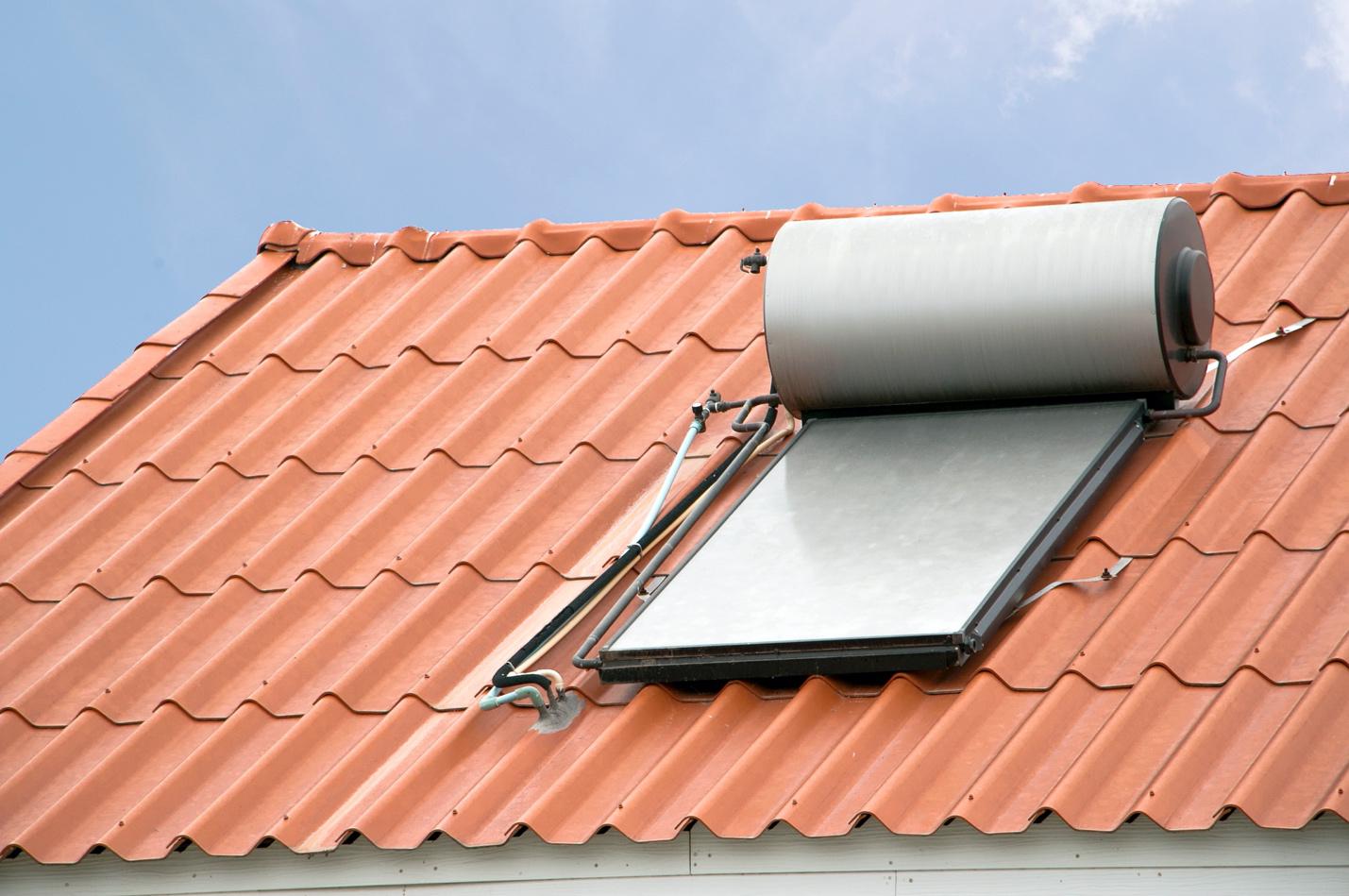4 Tips for Selecting the Right Hot Water System
- Written by Samantha Ball

Heating your water is the biggest source of greenhouse gas emissions from your home on average, and is the second-largest energy use. It accounts for 23 per cent of greenhouse gas emissions, according to DCCEE's 2010 report. Having an energy-efficient system can reduce these emissions and save you money. Let's look at how to find the best system for your home.
Determine Which Type of Hot Water System to Use Based on Size
There are four types of hot water systems available, and each system requires a different size tank for optimal usage. A four-person household will need the following size tank:
Electric. Get a 125-160-litre tank for continuous flow systems. You'll require a larger tank if you run on off-peak electric, as the water will need to be stored for use during on-peak hours.
Gas. You'll need a tank ranging from 135-170 litres for continuous hot water use.
Heat Pump. A larger tank, from 270-315 litres, is needed for heat pumps to store water for later use.
Solar. The tank will need to be fairly large, 300-360 litres, to allow for days with less sunlight available. You will also need two solar panels to heat the water in the tank.
Review the Costs
When looking into a water heating system, cost will be a big factor. Some cost more on the front end but are much less expensive to run. Also, consider the tank cost, installation, and cost of running the system before finalising your purchase.
Electric. These tanks run from $300-$1,500, not including installation. Continuous systems use on-peak electric rates, but running off-peak will save you money on your electric bill.
Gas. A natural gas water heater costs between $900-$1,200, not including installation. They are generally less expensive to run than an electric hot water system.
Heat Pump. Start-up costs are a bit more expensive with this system, with prices ranging from $2,500-$4,000. However, government rebates can help with the initial purchase cost. You will recoup your costs in the long run on energy savings when using this system.
Solar. Solar systems run from $2,000-$7,000. Again, there are government rebates to help offset the cost. You will need to instal both the tank and solar panels. These cost very little to run, except for the occasional boost on a cloudy day.
Determine Your Preferred Heating Method
There are two types of heating methods: storage tanks and continuous flow, also known as instantaneous. Storage tanks are used with all types of systems. They do corrode over time, but with regular maintenance, they can last for 10 or more years.
Continuous flow systems provide hot water when you need it. They run the water through the unit when you turn on the "hot water" tap. This means an endless supply of hot water to that tap. They are available in electric and gas models, and the size you need depends on the number of hot water outlets in your home.
Look at Your Household Size and Water Usage
Your water use is directly dependent on the number of people in your home. On average, a person uses 50 litres of water per day. This will vary based on how long your showers are or how many you take, your dishwasher usage, and whether you wash your laundry in warm or cold water. It also depends on habits in your household, such as the timing of hot water usage.
If you have questions on what system is best, a local plumber or installer will be able to help you determine which one is ideal for your household. Once you've found the right system for your home, a hot water system installer will be able to get you up and running in no time.



















